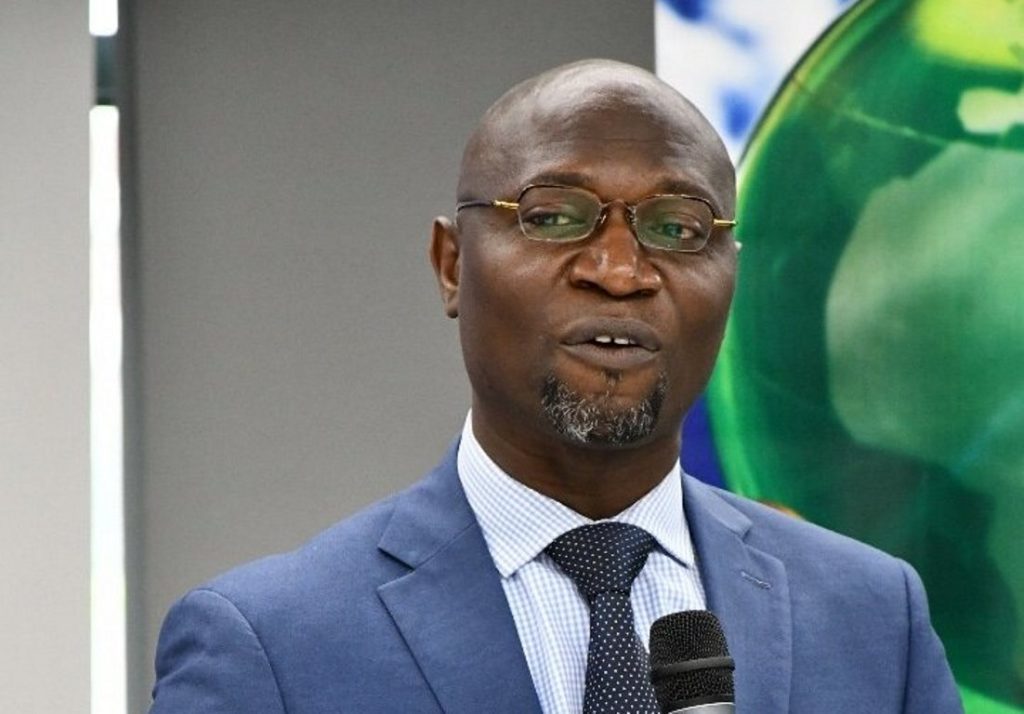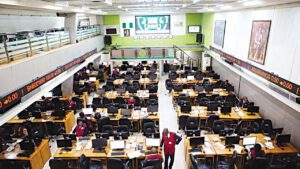

Bank recapitalisation to bolster financial stability, economic growth — SEC DG
By Esther Agbo
The Director General of the Securities and Exchange Commission (SEC), Emomotimi Agama, has emphasised the critical role of bank recapitalisation in enhancing Nigeria’s financial stability and fostering economic growth.
Speaking at a recent forum in Abuja, Agama highlighted that this initiative is a cornerstone for achieving Nigeria’s ambitious goal of becoming a $1 trillion economy.
In his address, Agama underscored that recapitalising banks is not just about meeting regulatory requirements but is essential for the broader economic reforms needed to diversify the Nigerian economy.
He pointed out that the country’s overreliance on oil exports needs to shift towards investing in infrastructure, human capital, and innovation.
“Nigeria must diversify its economy beyond oil exports and invest in key areas, such as infrastructure, human capital, and innovation.
“Enhancing the business environment, reducing regulatory hurdles, and promoting financial inclusion are essential to driving sustainable growth,” Agama said.
Agama elaborated on the mechanics of recapitalisation, explaining that it involves increasing a bank’s capital base to enhance financial stability and lending capacity.
He noted that this can be achieved through the capital market via rights issuances, private placements, or other approved methods.
The SEC has recently released a framework to ensure a transparent and efficient capital-raising process for banks, aligning with the Central Bank of Nigeria’s (CBN) directives for the 2024–2026 recapitalisation period.
The CBN has mandated that commercial banks with international authorization increase their capital base to N500 billion, national banks to N200 billion, and regional banks to N50 billion.
Agama recognised the difficulties linked to these requirements, such as the possibility of share price dilution and higher debt servicing costs.
Nevertheless, he highlighted that the advantages, such as increased investor confidence and better risk management, surpass these challenges.
A crucial aspect of the recapitalisation is its potential to deepen Nigeria’s capital market and promote the listing of banks and other companies on the Nigerian Exchange Limited.
This, Agama stated, would not only stabilise the financial system but also attract foreign investment and boost capital inflows.
According to Agama, the SEC’s initiative is seen as a vital step towards supporting the CBN’s objectives and fostering a stable economic environment.
As Nigeria aims for a $1 trillion economy by 2030, the SEC is committed to facilitating the necessary financial mechanisms that will allow banks to expand their lending to key sectors such as agriculture, manufacturing, and infrastructure.
This strategic move is expected to stimulate economic growth by supporting large-scale projects and industries, thus positioning Nigeria for sustainable development and prosperity.




